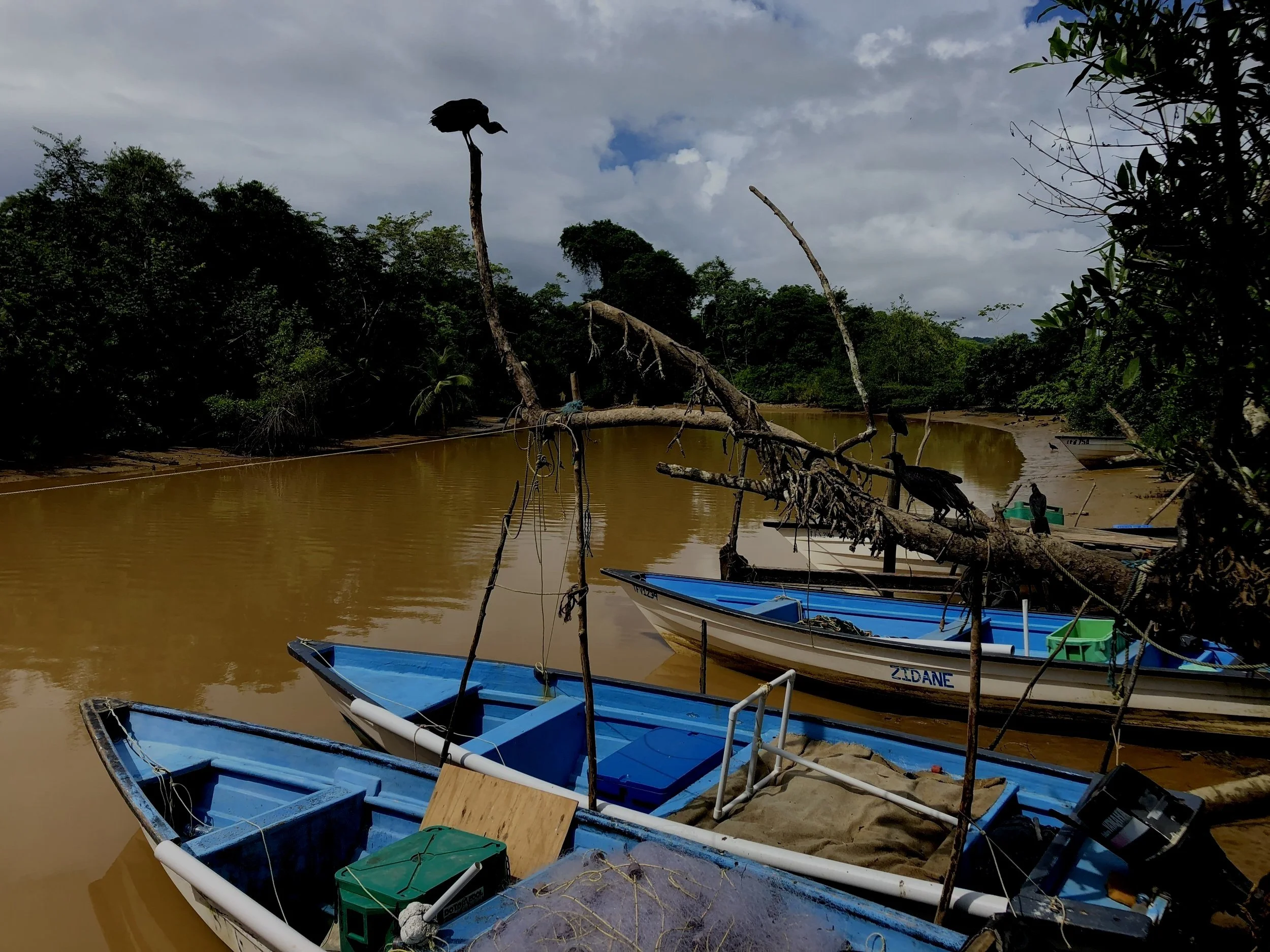
Convergent Crimes
Commercial Fraud
Commercial fraud refers to deceitful practices used to gain unlawful financial or commercial advantage, including forged permits, mislabelling of wildlife species, false declarations of origin, undervaluation of goods, and the use of shell companies. In the Caribbean, such tactics are frequently employed to disguise illegally caught or trafficked wildlife as legitimate, laundering these products through falsified documentation and fraudulent supply chains. Fraudulent activities also occur in financial transactions tied to trade permits, customs declarations, and procurement processes, exploiting gaps in regulatory oversight.
This type of fraud undermines efforts to enforce wildlife protection laws by obscuring the legality of wildlife products, draining enforcement capacity, and facilitating ongoing exploitation of species. It erodes the rule of law which weakens public trust, and creates gaps in environmental governance. Fraud also contributes to biodiversity loss by facilitating the overharvesting of species under the guise of legality, thereby impacting biodiversity conservation and animal welfare. Furthermore, the economic cost of fraud is borne by governments and communities through lost revenue, damaged reputations, and weakened institutions, thus negatively affecting human well-being.
While commercial fraud is increasingly recognised as a key enabler of wildlife crime, particularly in trade-intensive Caribbean economies, further research and inter-agency cooperation are essential. Strengthening transparency, auditing, and monitoring systems will be critical to confronting the hidden but pervasive role of commercial fraud across the region’s wildlife supply chains.
Related Blogs
Our blog section is growing. Check back soon for new posts related to this topic.
